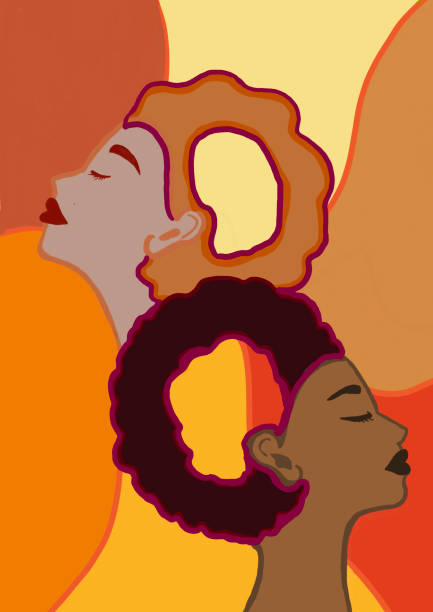By: Sahra Mohamed
In today’s rapidly evolving society, women often face conflicting messages about their sexuality and societal expectations. Media portrays unattainable beauty standards, leading to confusion about self-worth and personal boundaries. It’s crucial to empower young girls to find validation from within, recognizing that true confidence comes from understanding one’s own boundaries. Open dialogue with families and communities plays a pivotal role in this empowerment. Parents, mentors, and peers should encourage young women to trust their instincts and voice concerns when something feels uncertain.
Coercive discourse among young women can adversely affect consent, leading them to feel pressured to participate in sexual behaviors. This pressure can blur the lines between desire and only taking action to avoid negative judgment, resulting in discomfort and potential harm. Understanding the concept of consent is fundamental. Consent involves a clear agreement to engage in specific activities. Studies reveal that a significant number of women have felt pressured into consenting to unwanted sexual acts. For instance, among undergraduate students, 26.4% of females and 6.8% of males experienced rape or sexual assault through physical force, violence, or incapacitation.
This coerced consent often leads to negative psychological outcomes, including feelings of regret and emotional distress. It’s important to recognize that even if an individual agrees under coercion, the consent is not freely given and is considered a form of sexual assault. This highlights the broader issue of women’s safety, where many feel the need to remain extra vigilant in their daily lives due to the prevalence of predatory behavior. A study by Stop Street Harassment found that 75% of 811 women surveyed had been followed by a stranger at least once, emphasizing the pervasive nature of these threats.
Here’s a list of actions to support women in navigating these challenges:
Educate About Consent: It’s crucial to ensure that young women understand consent. Sexual consent should be a voluntary and free choice for all parties involved. Research indicates that females aged 16-19 are four times more likely to be victims of rape, attempted rape, or sexual assault.
Trust Instincts: Encouraging young women to listen to their intuition and remove themselves from uncomfortable or unsafe situations is vital. Studies have found that girls aged 14-17 are at the highest risk, with 16.4% experiencing a sexual offense and 4.6% experiencing sexual assault in the past year.
Set Clear Boundaries and Stay Informed: Understanding personal limits and having the confidence to enforce them is a skill that should be cultivated. Studies suggest that 13% of women will experience sexual coercion (unwanted sexual penetration after being pressured). It’s also important to be mindful of the impact alcohol and drugs can have, they can cloud judgment and increase vulnerability. Nearly one in two women report experiencing unwanted sexual contact at some point in their lifetime.
Be Cautious Online: Always be careful about information shared on social media and meeting new people in public places. It’s also important to understand that some women may not label unwanted sexual experiences as assault, according to this study.
Seek Support: Joining workshops or seminars on personal safety, self-defense, and reaching out to organizations offering support on sexual assault prevention, can be very helpful.
By implementing these strategies, we can create an environment that is supportive and makes people aware of their actions, especially when it comes to consent. Creating a culture of open communication, respect, and self-awareness can help women feel empowered to trust their instincts, set clear boundaries, and understand the importance of mutual consent in all relationships. Education, support, and resources about consent are necessary. This will give women the tools they need to avoid coercion, ensuring their voices are not only heard but respected. Through these efforts, we can build a safer, more supportive environment where women feel confident to make decisions that align with their values. The goal is to help women feel protected when it comes to their bodies and choices.










